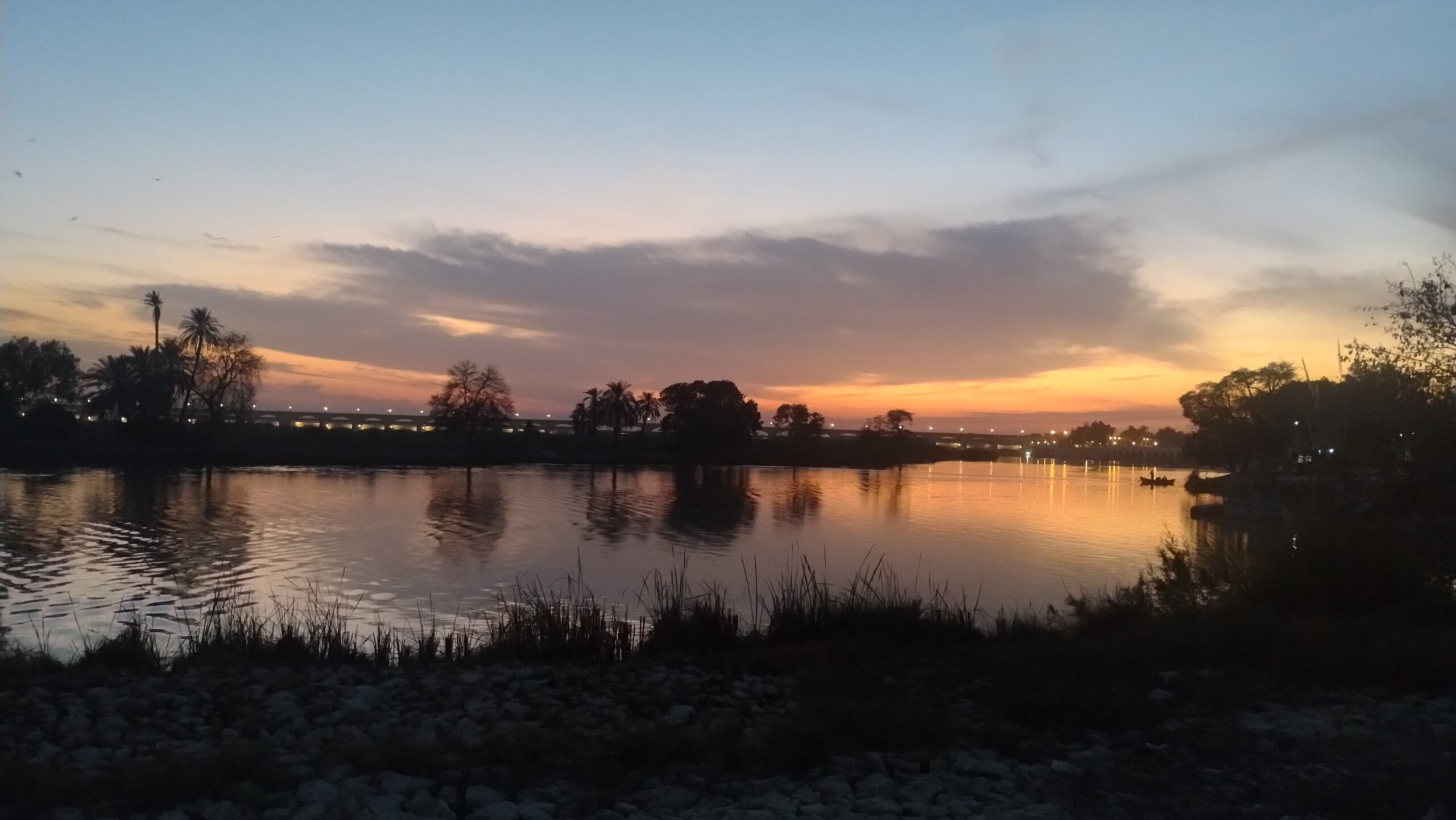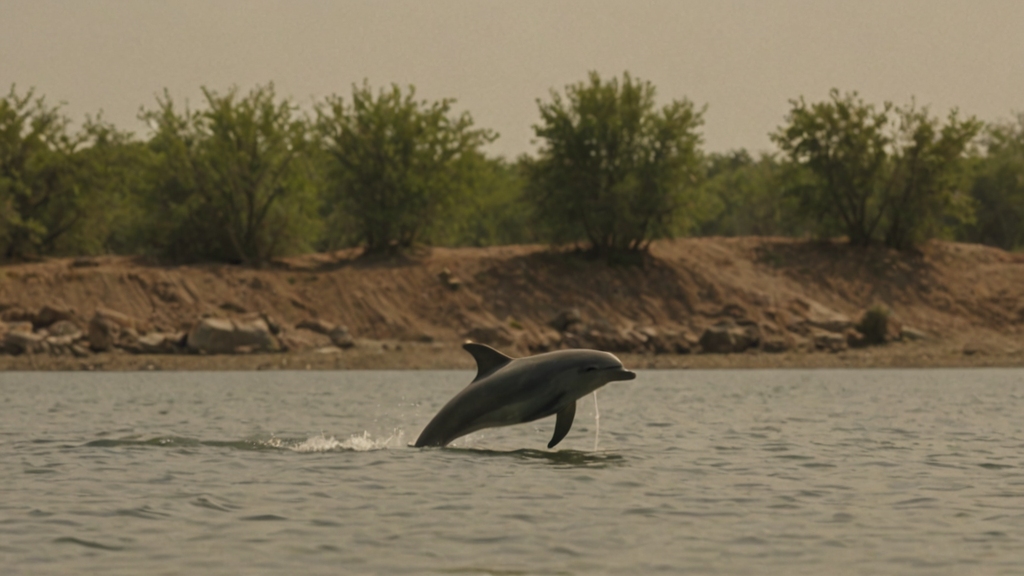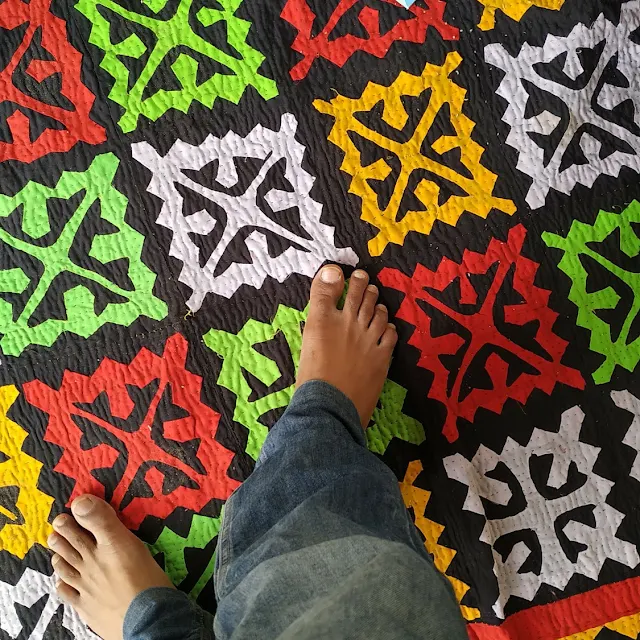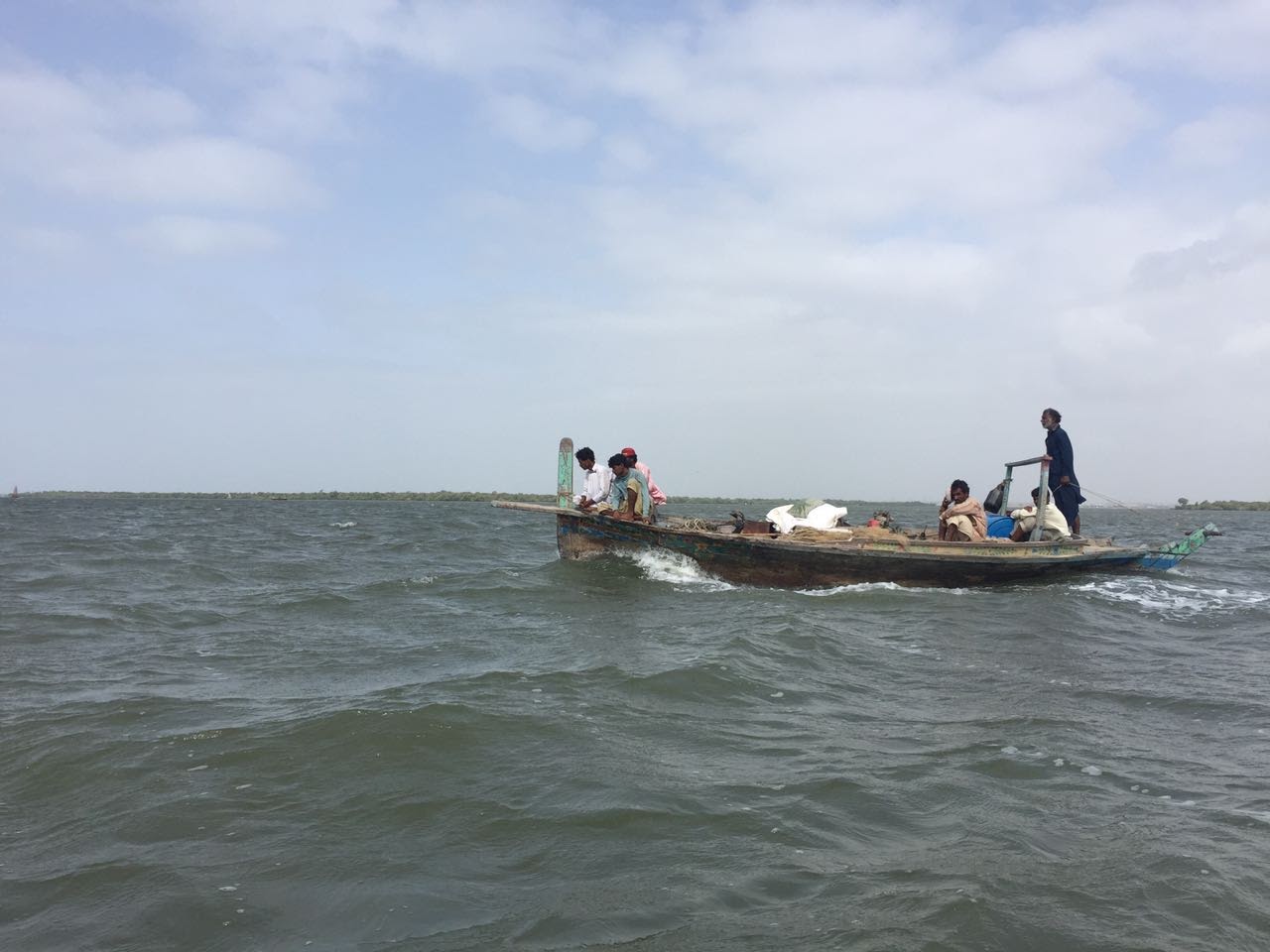Living near the coasts of Sindh province is not just a way of life for many communities, it is their only means of survival. These communities face a number of challenges, including poverty, remoteness, and lack of access to basic services such as education and healthcare. As climate change worsens, these challenges are likely to become even more pressing, putting the lives and livelihoods of these communities in danger.
Climate change is a global issue that has been affecting communities worldwide. In Pakistan, the communities living near the coasts in Sindh province are among the most vulnerable. These communities are facing the negative impacts of climate change, including flooding, sea level rise, severe storms, coastal erosion, and extreme weather events such as hurricanes and tornadoes.
As I have been frequently visiting these areas of District Badin, Thatta and Karachi, I have witnessed firsthand the very poor public and private services and the lack of schools and health facilities for the communities living there. These communities are facing poverty and remoteness, which only adds to the challenges they are facing due to climate change.
The people in these communities are struggling to make ends meet. They rely on fishing and farming for their livelihoods, and with the increasing risks of climate change, their livelihoods are in danger. The lack of infrastructure, such as roads and bridges, only adds to their struggle to make a living.
In light of these challenges, it is crucial that the government and national and international nonprofits work together to help these communities. It is time to prioritise the needs of these vulnerable communities and take concrete steps to ensure their well-being and development.
The first step in working with these communities is to understand their unique situation. These communities are often remote and marginalised, which makes it challenging to provide them with the necessary services and resources. We must work with them to identify their needs and develop tailored solutions that address their challenges.
One of the most pressing needs of these communities is access to education. Many children in these communities do not have access to schools, and as a result, they miss out on opportunities for personal and economic growth. Providing education to these children can help break the cycle of poverty and ensure a brighter future for them.
Another critical need is access to healthcare. Many people in these communities do not have access to healthcare facilities, which puts them at risk of illness and disease. Providing healthcare services can improve their quality of life and ensure their well-being.
However, it is not just about providing services and resources to these communities. It is also about building resilience and capacity among the people living there. This means empowering them with the knowledge and skills they need to adapt to the changing climate and to find ways to support their livelihoods sustainably.
The government and national and international nonprofits must work together to ensure that the needs of these vulnerable communities are met. It is time to prioritise the well-being and development of these communities and to provide them with the necessary resources and support they need to thrive.
The communities living near the coasts in Sindh province are facing multiple challenges due to climate change. Their living situation, poverty, and remoteness only add to these challenges. The government and national and international nonprofits must work together to help these communities by providing them with education, healthcare, and other necessary services and resources. Additionally, building resilience and capacity among these communities is crucial for their long-term well-being and development. It is time to take action and ensure that these vulnerable communities are not left behind.
Shahnawaz Chachar



